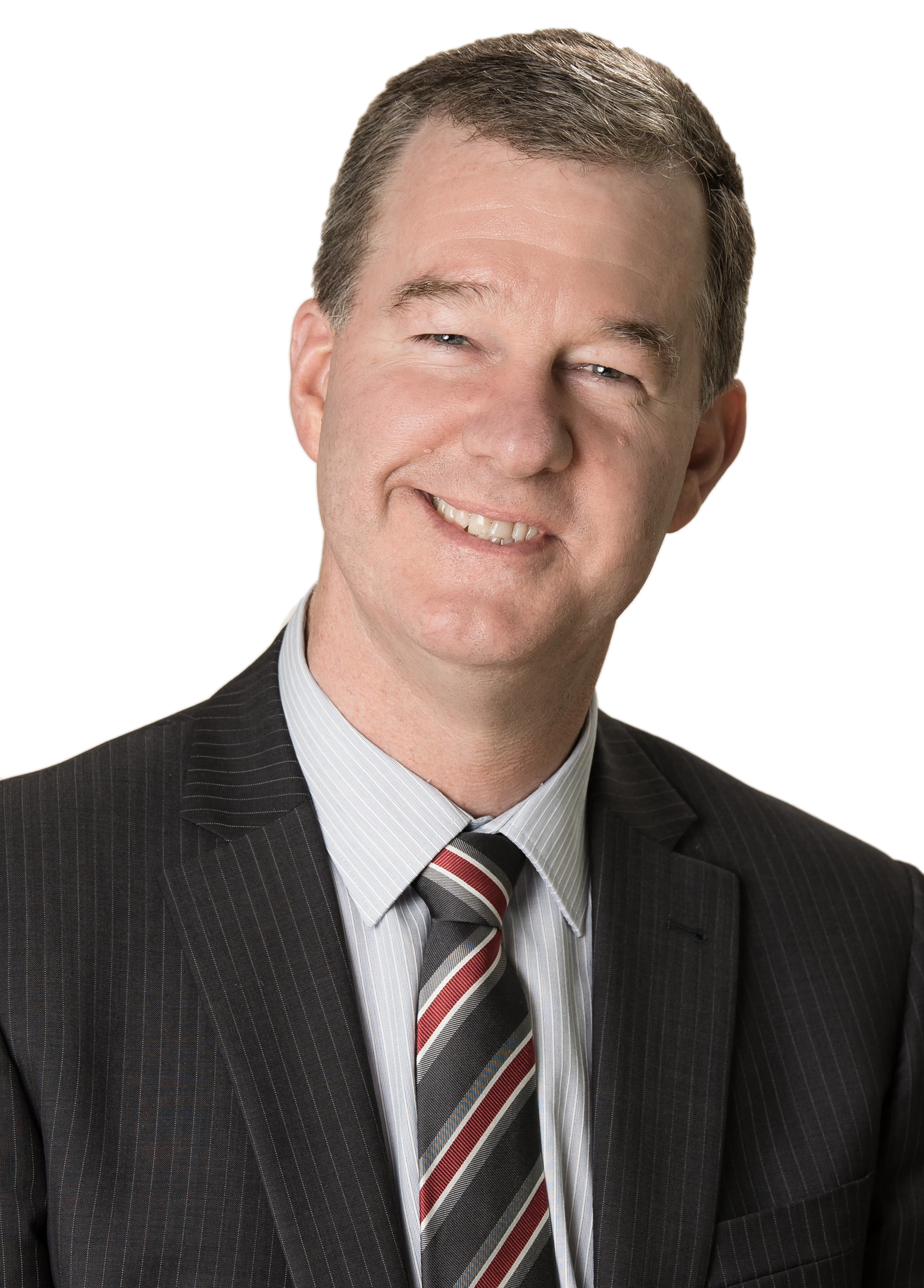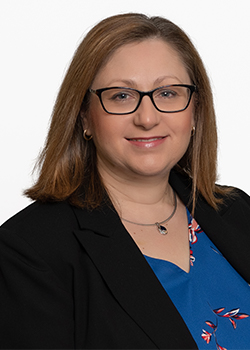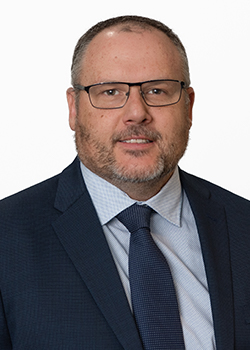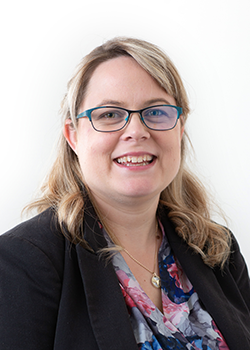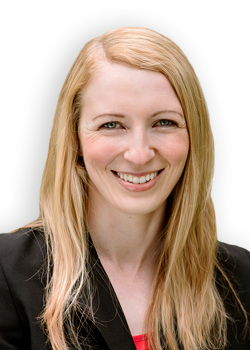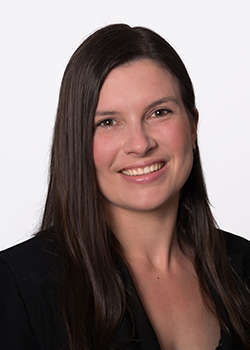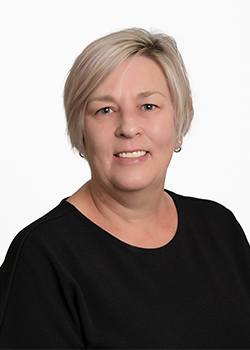Transitioning into retirement: What you should know

.
If you’re close to retirement, chances are you’ve already spent time thinking about how to tap into your superannuation when you retire.
Broadly speaking, you have a few options when you retire, as long as you’ve reached the minimum ‘preservation age’ when you’re allowed to access your super.
That’s a little bit complicated, because there’s currently a staggered range of preservation ages depending on when you were born. If you were born after 1 July 1964, your super access age is 60.
You can check out your personal preservation age on the Australian Tax Office website.
Deciding on your retirement funding options comes down to what makes the most sense for you.
Leaving your super alone
There’s actually no legislation that says you must start drawing out your super savings when you retire.
In fact, if you don’t need your super to fund your living expenses, you can simply leave it where it is.
You can keep investing your super, and even add money into your account if you pick up some work income, and make concessional contributions up to $27,500 per year (which are taxed at 15 per cent), or personal non-concessional contributions up to $110,000 per year using after-tax money.
You can contribute to your super at any time generally up until the age of 74 (excluding a home downsizer contribution), and by not starting a pension you’re not forced by the government to start withdrawing regular payments.
The government also allows people aged 60 and over to to add up to $300,000 into their super account if they sell their principal place of residence, subject to a range of conditions. Legislation to lower the eligibility age to age 55 was passed in the Senate on 28 November.
Keep in mind that if you do leave your money in a super accumulation account, all investment earnings will continue to be taxed at the 15 per cent rate.
But that rate is still likely to be lower than what you would pay if you decided to withdraw your super and invest it into another asset, such as an investment property, where the rental income would be taxed at your full marginal tax rate.
Leaving all your money in super after you’ve retired means you can’t withdraw money as a regular pension income stream. To do that you generally need to roll at least some of it over into an account-based pension.
However most super funds will let you withdraw lumps sums whenever you like if you’ve met all release conditions and have the money transferred into your bank account. A minimum amount of $6,000 generally must be left in your account.
You should also be mindful that if you leave money in your super account or account-based pension and die that there may be tax consequences for non-dependant beneficiaries (see below).
Starting a pension stream
On the other hand, if you want to use all of your super to have a regular income stream once you retire, you’ll need to roll it over into a pension account.
You’ll need to contact your super fund manager to do this or, in the case of a self-managed super fund, ensure the trust deed allows for the payment of a pension income stream.
Your basic options are to either roll your super over into a pension product offered by your current super fund or to transfer it over to another pension product provider.
Most account-based pension products enable monthly, quarterly, half-yearly or annual payments, which will continue until your account balance runs out.
Be aware that once you start up a pension you’re required to withdraw a set percentage of your account balance every financial year, which increases as you age.
The minimum pension account withdrawal amounts have been temporarily reduced by 50 per cent for the 2022-23 income year. You can see them on the ATO’s website.
There are a range of advantages from setting up a pension income stream versus keeping your super money in accumulation mode.
Most importantly, if you’re aged over 60 and retired, your pension payments are tax-free and so are any investment earnings generated inside your pension account.
You can use your own pension income stream to supplement the government Age Pension if you’re eligible to receive it. And you’re also able to withdraw lump sums from your pension account at any time.
Upon your death, non-dependants who receive money left in a pension account will need to pay tax on the taxable component. The amount of tax payable may be reduced by tax offsets.
Doing both
If you’re wanting total financial flexibility in retirement, you could consider leaving part of your money in super, rolling over some of it into an account-based pension, and also withdrawing lump sums whenever you need to.
There are a range of benefits from adopting a combination of your options, although there may also be potential tax consequences for both you and your beneficiaries.
Managing the combination of a super accumulation account, an account-based pension, an Age Pension entitlement (if eligible), potential investment earnings outside of super, and irregular lump sum payments, can be highly complex.
Using the services of a licensed financial adviser is a worthwhile consideration as you weigh up all of your retirement options.
Tony Kaye
Senior Personal Finance Writer
vanguard.com.au

